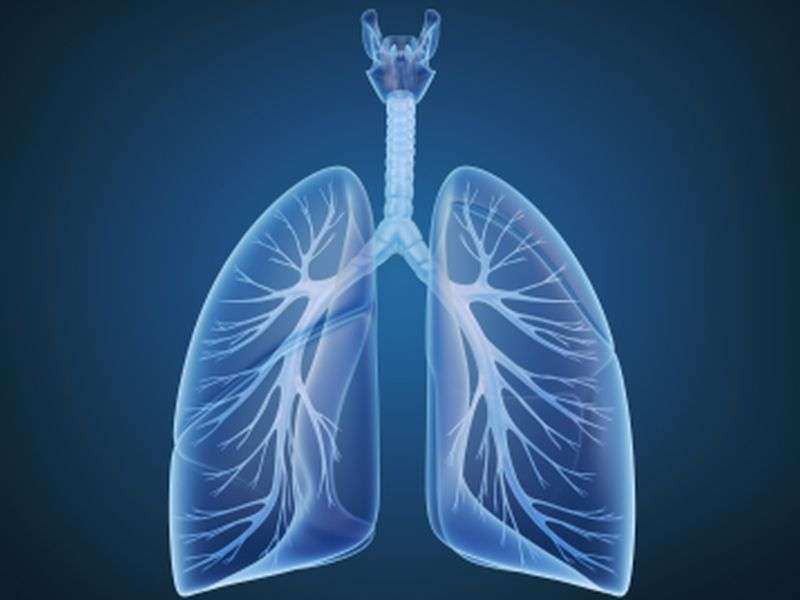Ultrashort echo-time MRI IDs lung abnormalities in CF

(HealthDay)—For children with cystic fibrosis (CF), ultrashort echo-time (UTE) magnetic resonance imaging (MRI) can detect structural lung disease, according to a study published online Aug. 23 in the Annals of the American Thoracic Society.
David J. Roach, Ph.D., from the Cincinnati Children's Hospital Medical Center, and colleagues compared UTE MRI methods with computed tomography (CT) as a biomarker of lung structure abnormalities. Eleven patients with CF underwent imaging via CT and UTE MRI. Eleven healthy age-matched patients underwent UTE MRI. CT scans from 13 additional patients were included as a CT control group.
The researchers observed very strong correlations between CT and UTE MRI scores of CF patients, with P values ≤0.001 for bronchiectasis and overall score; a moderately strong correlation was seen for bronchial wall thickening (P = 0.043). Using a reader CF-specific scoring system, MRI was able to differentiate CF from control groups.
"UTE MRI detected structural lung disease in very young CF patients and provided imaging data that correlated well with CT," the authors write. "By quantifying early CF lung disease without using ionizing radiation, UTE MRI appears well suited for pediatric patients requiring longitudinal imaging for clinical care or research studies."
Two authors disclosed financial ties to Vertex Pharmaceuticals, which funded the study.
More information: Full Text (subscription or payment may be required)
Copyright © 2016 HealthDay. All rights reserved.




















